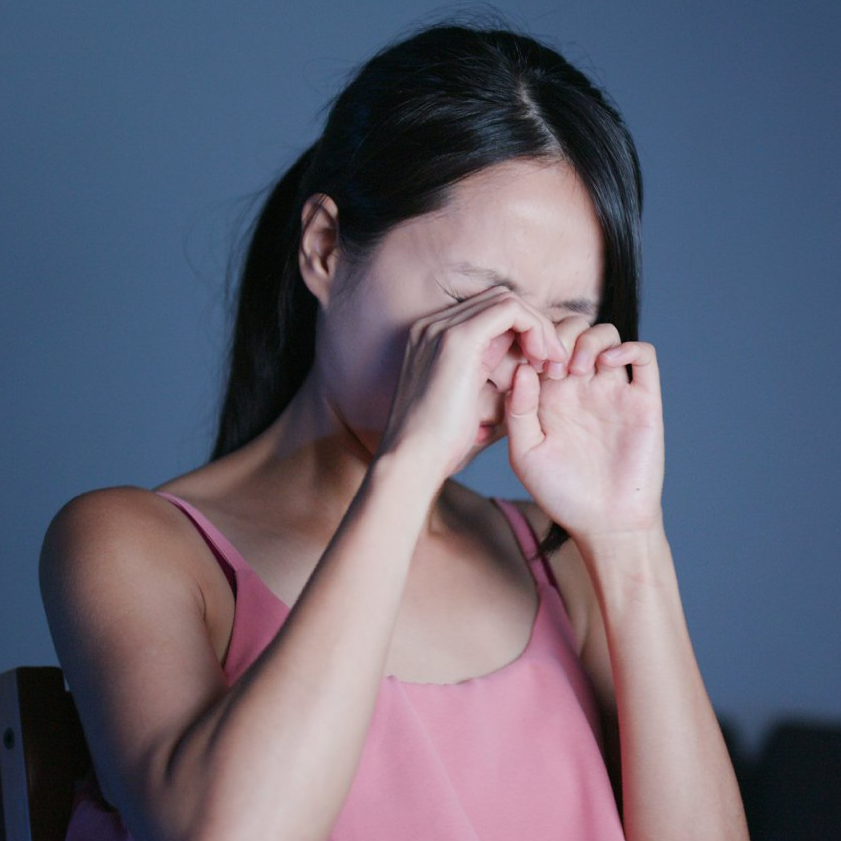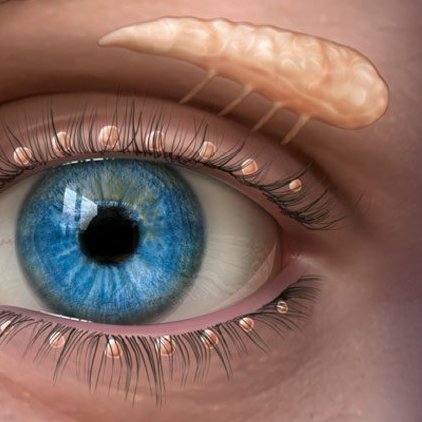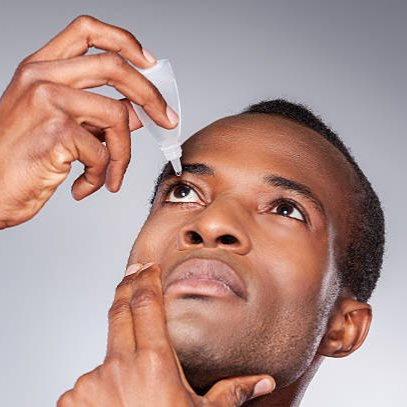Dry Eye Evaluation
Do you have dry eye?
- Do you notice your eyes bothering you when you are outside, on an airplane, riding a bike, in a restaurant or driving at night?
- Do you notice your vision fluctuate, or getting better after blinking, for no reason?
- Does your career require a lot of computer screen time?
- Do your eyes feel tired or sore, especially when reading?
- Do you have discomfort to moving air (fans, heaters, air conditioners) or topical drops?
If you answered “yes” to any of these questions, you could have Dry Eye Disease.
Dry Eye Disease & Meibomian Gland Disorder
Did you know that of the 30 million people in the United States who suffer from dry eye disease, 86% of them are reported to have clinical signs of Meibomian Gland Disorder (MGD). Blocked Meibomian glands in eyelids are the leading cause of dry eye which means the majority of dry eye disease sufferers have MGD. At Urban Optiks Optometry we offer a Comprehensive Dry Eye Evaluation to determine if your dry eye symptoms are caused by MGD.
Over 30 Million People in the US suffer from Dry Eye
86% of dry eye patients have signs of MGD
What is a Dry Eye Evaluation?
During a Dry Eye Evaluation, the doctor will look at the structure and function of your Meibomian glands along with the stability of your tears.
In this completely non-invasive & painless diagnostic procedure, the doctor begins by taking infrared images of the Meibomian glands with a corneal analyzer. This provides a starting point in determining the level of Meibomian gland disfunction and damage.
The doctor will then apply pressure to your eyelid to express (secrete) the contents of the Meibomian gland to see if they are releasing oil and whether partial blinking is contributing to the discomfort of your eyes. Observing these secretions helps the doctor determine if the cause of your dry eye is attributed to MGD.
Because MGD affects the stability of the tear film, the doctor may also test the quality, quantity, and stability of your tears. One simple, painless way to evaluate the tear film is called the Tear Breakup Time Test (TBUT). The doctor will apply a small drop of dye to the front surface of your eye. They then will examine your eye with a cobalt blue light to see how quickly your tear film loses its stability (breaks up) on your eye.
Managing Dry Eye Disease
Based on the results of the evaluation, the doctor will develop an Individualized Management Plan to help you successfully manage your dry eye disease. Since Dry Eye Disease is a progressive disease without a cure, it is important to keep your Meibomian glands healthy and functioning.
Managing symptoms is an important part of providing you the ability to live your daily life discomfort-free. Your management plan may include a number of at-home treatments including the use of artificial tears, nutritional supplements, prescription drops, or warm compresses. Most of these treatments will need to be performed daily, and often multiple times a day.











